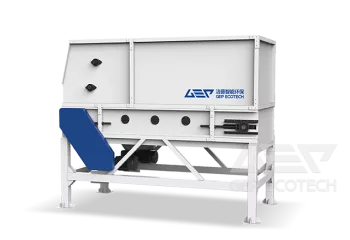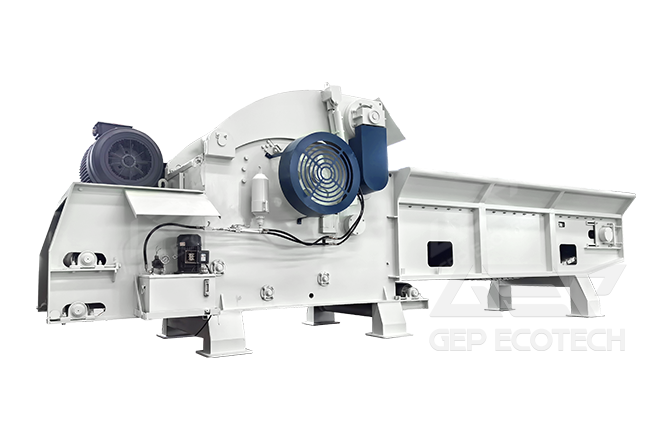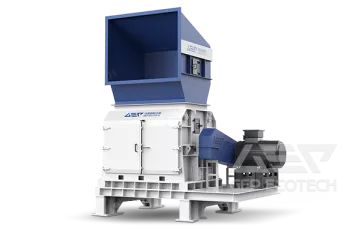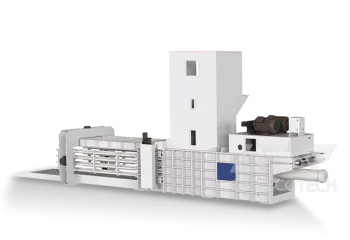When investing in a hydraulic shredder, careful evaluation is essential to ensure it meets your operational requirements and provides long-term value. Here are the key factors to consider:
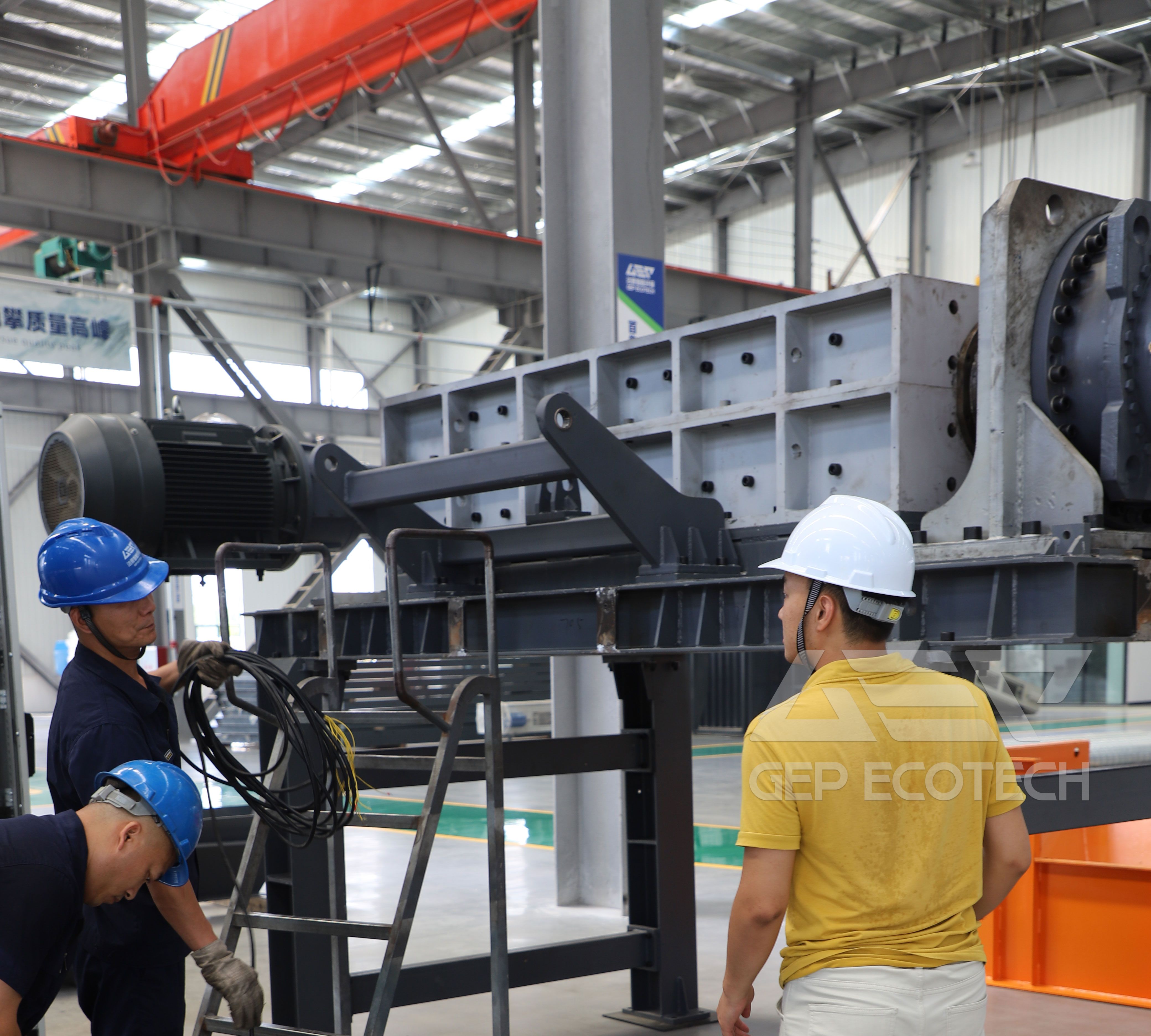
1. Material Type and Application
- Material Characteristics: Assess the type of materials you need to shred, such as metal, plastic, rubber, or mixed waste. High-density or abrasive materials may require specific shredder configurations.
- Application Area: Define the shredder's primary purpose (e.g., recycling, solid waste management, industrial processing) to choose a model suited to your needs.
2. Capacity Requirements
- Throughput: Determine the amount of material the shredder needs to process per hour. This will guide you in selecting a machine with the right capacity.
- Chamber Size: Ensure the shredder’s feed chamber is large enough to accommodate the size and volume of your materials.
3. Power and Torque Needs
- Torque Output: Hydraulic shredders are known for high torque output, essential for shredding tough or large materials. Ensure the selected model provides sufficient torque for your applications.
- Power Source: Consider the hydraulic system’s power requirements, such as oil pressure and flow rate, and ensure your facility can support it.
4. Build Quality and Durability
- Material and Components: Look for shredders built with high-quality materials (e.g., wear-resistant steel) and robust hydraulic components to ensure long-lasting performance.
- Sealing and Protection: A well-sealed hydraulic system is critical for operation in harsh environments (e.g., dusty or wet conditions).
5. Ease of Maintenance
- Modular Design: Choose a shredder with modular components, such as easily replaceable blades, hydraulic pumps, and motors, to reduce downtime during maintenance.
- Lubrication and Cleaning: Ensure the machine has a reliable self-lubricating system and is easy to clean after use.
6. Energy Efficiency
- Hydraulic shredders can adjust power output based on load, but efficiency varies between models. Opt for a shredder that balances performance with energy savings.
7. Control and Automation
- Adjustability: Look for shredders with flexible control options, such as adjustable speed, torque, and shredding intensity.
- Automation Features: Advanced models offer automation, such as auto-reverse for jam clearing, overload protection, and programmable settings to streamline operations.
8. Safety Features
- Overload Protection: Ensure the shredder has built-in safety features, such as pressure relief valves, to prevent damage during overloads.
- Noise and Vibration: Check for designs that minimize noise and vibration to create a safer and more comfortable working environment.
9. Size and Installation Space
- Footprint: Measure the available space in your facility and ensure the shredder fits comfortably without obstructing other operations.
- Mobility: Depending on your needs, consider portable or stationary models.
10. Cost and Budget
- Initial Investment: Compare the upfront costs of different models, ensuring they align with your budget.
- Long-term Costs: Factor in operating costs, maintenance, and energy consumption to evaluate the total cost of ownership.
11. Manufacturer Support
- Warranty and Service: Choose a reputable manufacturer that offers comprehensive warranty coverage and reliable after-sales service.
- Spare Parts Availability: Ensure spare parts are easily accessible to reduce downtime during repairs.
12. Environmental Compliance
- If applicable, confirm that the shredder meets local environmental regulations for noise levels, emissions, and waste processing standards.
Purchasing a hydraulic shredder is a significant investment that requires thoughtful planning. By carefully evaluating your operational needs, budget, and the shredder's features, you can select a machine that maximizes efficiency, reliability, and value for your business.
Gep Ecotech always provides customized optimal solutions based on specific project requirements. High-quality spare parts from renowned brands are our top choice, ensuring reliability and performance. Our flexibility, quick response, and short resolution time for after-sales issues are key reasons why we enjoy an excellent reputation in the international market.


